২ ফাল্গুন ১৪৩২
Modi and Netanyahu: Architects of Modernization or Agents of Polarization?
09 August 2025 18:08 PM
NEWS DESK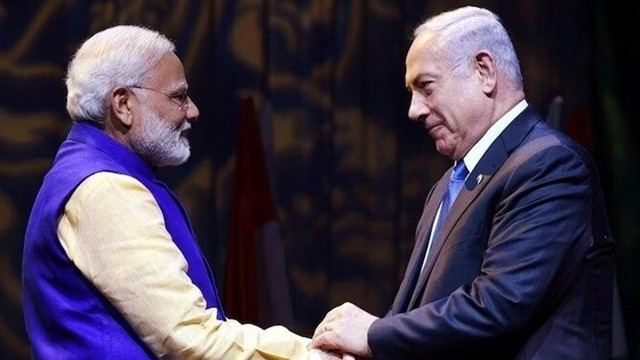
Narendra Modi and Benjamin Netanyahu are not only contemporaries in ideology, but increasingly, they are walking parallel political paths. Their leadership styles and policies could either elevate India and Israel into global powerhouses or steer them toward long-term internal fracturing and regional instability.
Both leaders are shaping a new model of strongman governance—one that blends charismatic populism and centralized control with a religiously infused nationalism. By empowering their respective faith-based majorities, portraying themselves as guardians of ancient civilizations, and relentlessly polarizing domestic discourse, they are redefining the political fabric of their nations.
Under Netanyahu, Israel has witnessed technological and economic growth, emerging as a global tech hub. The Abraham Accords normalized relations with several Arab nations, and the defense sector has expanded robustly. Similarly, under Modi, India has celebrated its rise as the world’s fifth-largest economy, enhanced its digital infrastructure, and secured a stronger global posture.
However, beneath these achievements lies a fragile and uneven reality. Economic gains in both nations remain deeply unequal. Often, these successes serve to distract from growing inequality and social fragmentation. In India, job creation has lagged far behind GDP growth, while corporate monopolies thrive. In Israel, while Tel Aviv flourishes, Palestinians in occupied territories languish in deepening poverty.
Democracy in Retreat
More concerning is the systematic erosion of democratic institutions. Modi has curtailed press freedoms, interfered in judicial appointments, and unleashed state agencies against political opponents. Independent journalists and activists face imprisonment on dubious charges, while digital mobs aligned with the ruling party dominate public discourse.
Netanyahu has mirrored this strategy. In 2023, he spearheaded a controversial judicial overhaul, sparking unprecedented nationwide protests. These reforms were widely seen as attempts to undermine democratic checks and balances for personal and ideological gain.
Both leaders have dangerously intertwined religion with nationalism. In Modi’s India, Hinduism has been transformed into Hindutva—a militant, political ideology that marginalizes Muslims, Christians, and Dalits. Hate crimes have surged under his leadership, from lynchings over cow slaughter to the demolition of homes and places of worship. The 2020 Delhi riots, which killed over 50 people—most of them Muslims—remain a stark example of communal provocation.
Anti-conversion laws have been weaponized against Christian minorities, with pastors arrested and churches attacked. In 2023, ethnic-religious violence in Manipur led to the destruction of over 200 churches.
Israel, once envisioned as a pluralistic democratic homeland for Jews, is veering toward ethno-religious exclusivity under Netanyahu. The 2018 Nation-State Law declared Israel as the nation-state of the Jewish people alone, effectively relegating Arab citizens to second-class status.
Repeated assaults on Gaza have killed thousands of civilians, including women and children, reducing entire neighborhoods to rubble. In 2021, during Ramadan, Israeli police stormed the Al-Aqsa mosque, escalating tensions across the Muslim world. Settler violence in the West Bank has intensified, often under the watch—or protection—of Israeli forces.
Christian institutions have not been spared either. In Jerusalem, extremist youths have spat on clergy and threatened them. Churches have been vandalized, and groups like Lehava openly advocate for a Christian-free holy city.
Even within majority communities, dissent is increasingly intolerable. In India, Dalit activists like Anand Teltumbde are imprisoned, and secular Hindus face harassment both online and offline from extremist supporters.
In Israel, non-Zionist Jews, including members of groups like Breaking the Silence and left-leaning Orthodox communities, are labeled traitors and subjected to state-sanctioned harassment. Across both countries, loyalty to the ruling ideology is being equated with patriotism, while dissent is branded as treason.
Militarization as Foreign Policy
In foreign affairs, both Modi and Netanyahu display an affinity for militarization. Netanyahu has ordered repeated bombings in Gaza and conducted aggressive surveillance operations beyond Israel’s borders.
Modi’s government authorized airstrikes in Balakot in 2019 and revoked Kashmir’s autonomy, placing the region under lockdown and a communications blackout, effectively transforming it into a heavily militarized zone. These moves have heightened distrust and pushed the region deeper into cycles of retaliation and radicalization, rather than fostering resolution.
The Legacy Question
So, will Modi and Netanyahu be remembered as modernizers or as polarizers? Will they be seen as architects of national revival or as agents of democratic decay?
While their economic and geopolitical accomplishments are undeniable, the cracks beneath their governance are widening—cracks in democracy, civil society, religious harmony, and the rule of law.
These strongmen often rise on promises of security and pride, but in their quest for absolute power, they may be dismantling the very foundations they claim to defend.
Their legacy will not be measured solely by GDP numbers or military victories—but by the societies they leave behind. Were those societies more just, united, and peaceful—or more divided, conflict-ridden, and teetering on the edge of perpetual unrest?




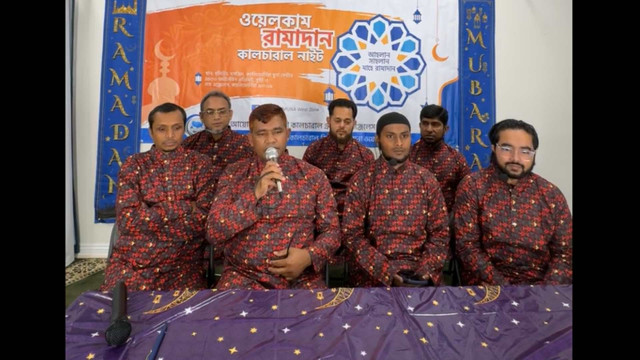

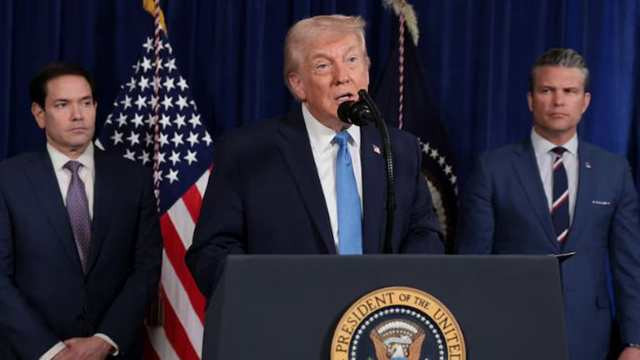
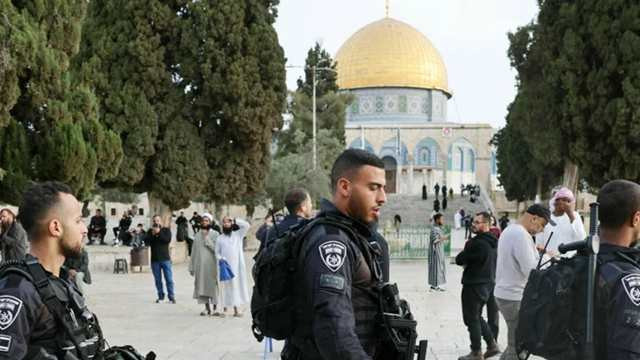
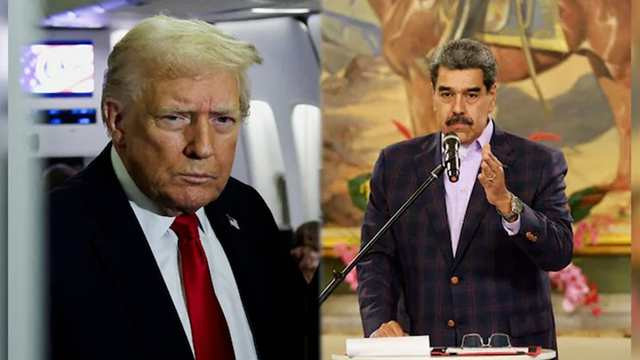
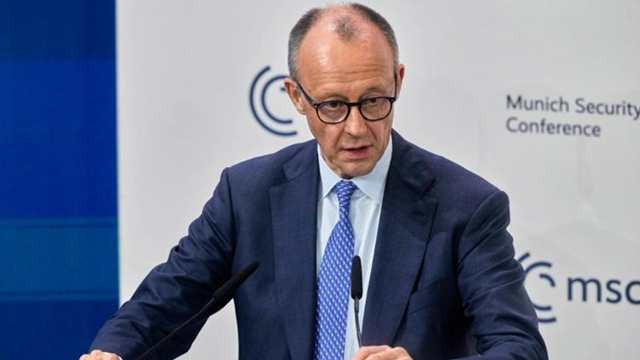
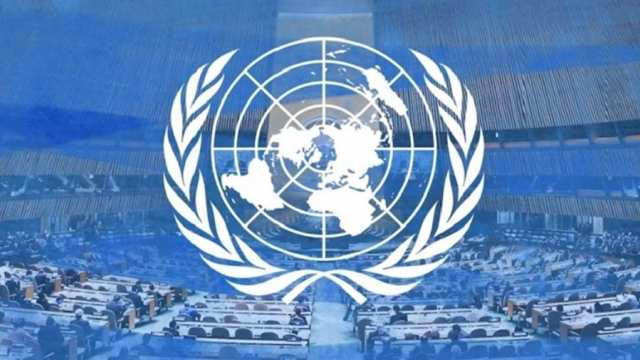
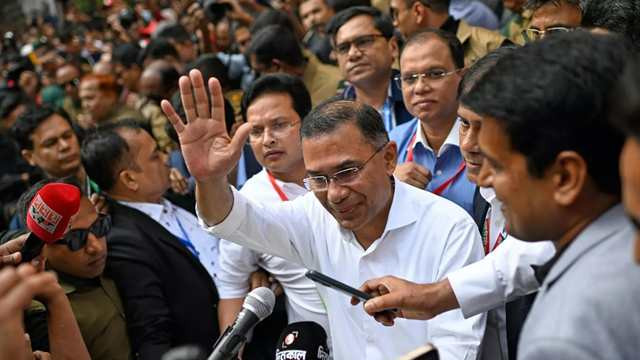
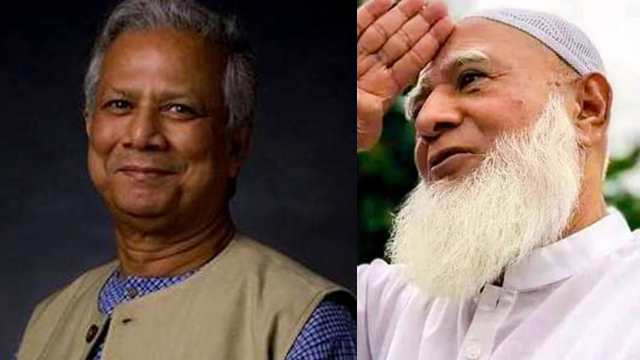
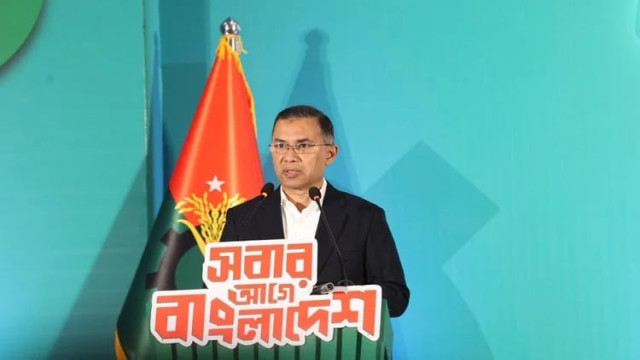
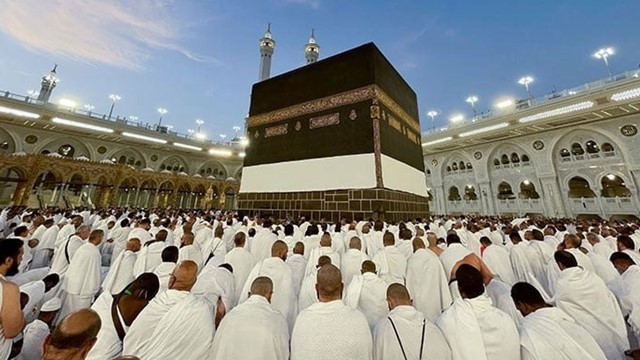
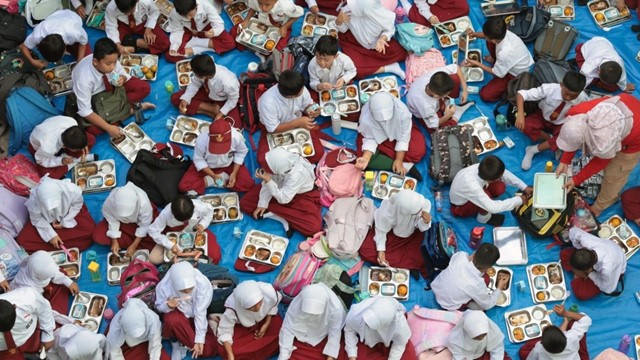
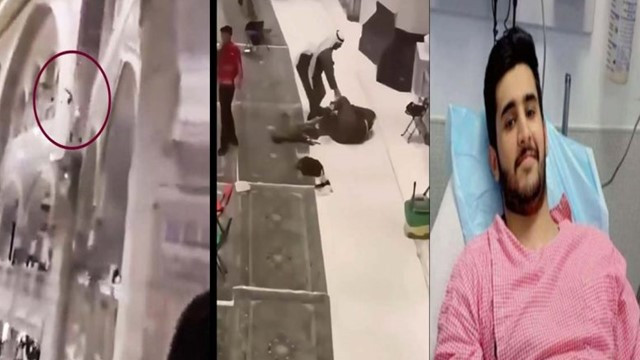
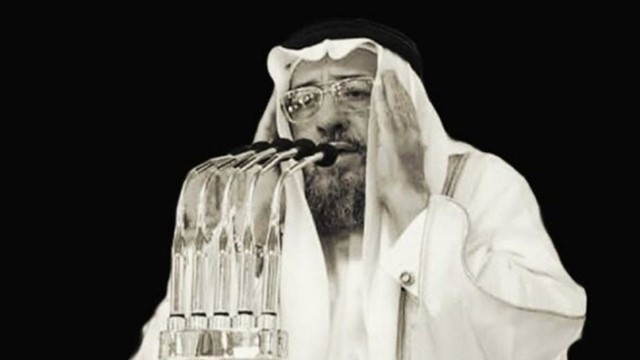

Comments Here: